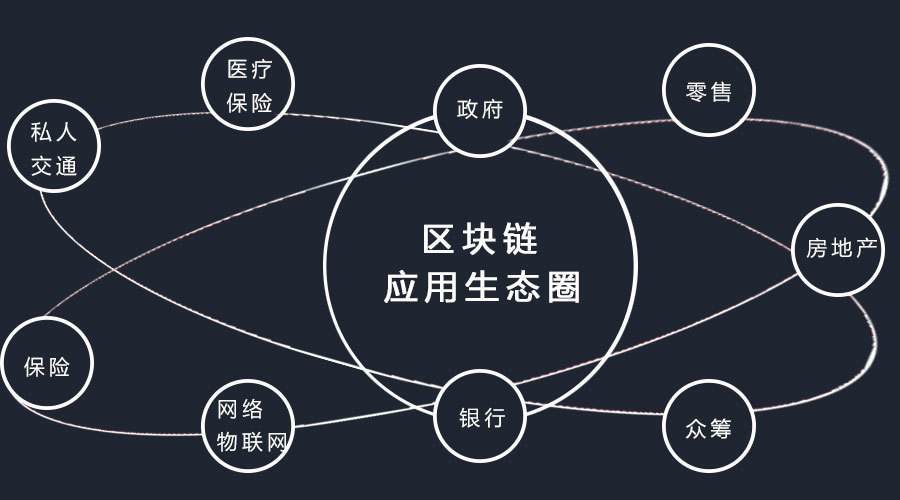```html
Exploring Technological Innovations in the Blockchain Space
The blockchain industry is witnessing rapid technological advancements and innovative projects across various sectors. These projects are pushing the boundaries of what's possible with blockchain technology and driving significant changes in industries ranging from finance to healthcare. Let's delve into some of the key technological innovations in the blockchain space:
Smart contracts, which are selfexecuting contracts with the terms of the agreement directly written into code, have revolutionized the way financial transactions are conducted. DeFi platforms leverage smart contracts to enable peertopeer lending, borrowing, and trading of digital assets without the need for intermediaries such as banks or brokers. This innovation brings greater accessibility, transparency, and efficiency to the financial ecosystem.
Scalability has been a longstanding challenge for blockchain networks, particularly public blockchains like Bitcoin and Ethereum. To address this issue, numerous scalability solutions have emerged, including layer 2 scaling solutions like the Lightning Network for Bitcoin and the Ethereum 2.0 upgrade, which aims to transition Ethereum to a more scalable proofofstake consensus mechanism. These solutions enhance transaction throughput and reduce fees, making blockchain technology more practical for mass adoption.
Interoperability protocols facilitate seamless communication and data exchange between different blockchain networks. Projects like Polkadot, Cosmos, and Aion are building interoperability solutions that allow assets and data to move across multiple blockchains, fostering collaboration and synergy between disparate blockchain ecosystems. This interoperability is crucial for unlocking the full potential of blockchain technology and enabling crosschain applications.
Privacy and confidentiality are essential considerations in blockchain applications, especially in sectors like healthcare and supply chain management where sensitive data is involved. Innovations such as zeroknowledge proofs, homomorphic encryption, and privacyfocused blockchains like Monero and Zcash enhance the privacy of transactions and enable confidential data sharing on the blockchain while preserving anonymity and security.
Blockchain technology enables the tokenization of realworld assets such as real estate, art, and securities, representing ownership or rights in a digital form. This process fractionalizes assets, making them more divisible and tradable, and enables new forms of asset ownership and investment opportunities. Tokenization enhances liquidity, reduces barriers to entry, and increases market efficiency in traditional asset markets.
As the blockchain industry continues to evolve, it's essential to foster an environment that encourages innovation while addressing regulatory and technological challenges. Collaboration between industry stakeholders, including developers, regulators, businesses, and academia, is crucial for driving responsible innovation and ensuring the longterm sustainability of blockchain technology.

Furthermore, education and awareness initiatives are essential for fostering a better understanding of blockchain technology and its potential applications. By educating the public and policymakers about the benefits and challenges of blockchain technology, we can facilitate informed decisionmaking and create an environment conducive to innovation and growth.
In conclusion, technological innovations in the blockchain space are reshaping industries and paving the way for a more decentralized, transparent, and inclusive future. By embracing these innovations and collaborating to overcome challenges, we can unlock the full potential of blockchain technology and drive positive change across various sectors.

